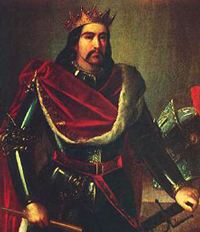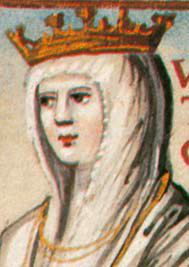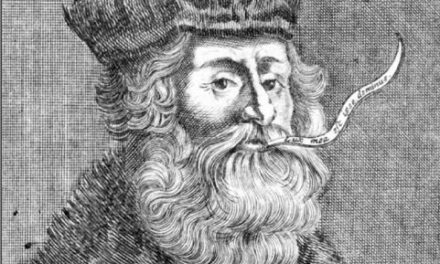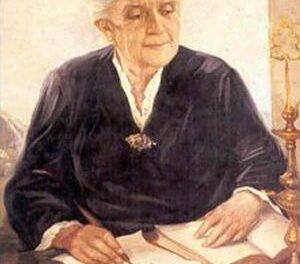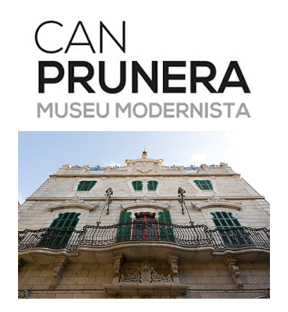
With Muret, the Catalan expansion policy in Occitania started to decline. It remained linked to France and the Catalan-Aragonese expansion was initiated the Mediterranean. James was very successful in this policy and therefore obtained his nickname which would make history: The Conqueror.
In 1214, at the age of six, he was sworn into the Parliament of Lérida. In September of 1218, a General Parliament with Catalans and Aragonians was held in Lérida for the first time and this is where he was declared full age. When his mother Maria of Montpellier died, he inherited the reign of Montpellier.
The first years of James’ I reign were difficult. Anarchy took over in Aragon and Catalonia, while the child king remained in the Castle of Monzón in the care of the Templar Knights. Following the will of his mother Maria who passed away in 1213 in Rome, reign was taken over by his uncle Sancho Raimúndez, the Count of Rosellón, who had to face frequent revolts of the nobility, which would result in the Peace of Alacalá in the year 1217. James I the Conqueror assumed the reign of his states in the year 1225.
In Feburary 1221, he married Eleonor of Castilla, who was Lady Berenguela’s sister and the aunt of Ferdinand II of Castilla. He annulled his first marriage for kinship reasons and took Princess Yolanda, the daughter of the King of Hungary Andreas II, as his second wife on September 8th 1235. By will of his cousin’s Nuño Sanchez testament, he inherited the Counties of Roselloón and Cerdeña and the Viceounty of Fenolledas in France. During the first 15 years of his reign, he had to fight against the Aragon noblemen who took him as a prisoner in 1224.
In 1227 he was confronted with a new uprising of the nobles of Aragon, lead by the Infante Ferdinand, the King’s uncle. Fortunately, this riot ended with the Peace of Alcalá in March of the same year, thanks to the Pope’s intervention through the Archbishop of Tortosa. This treaty marked the triumph of the Monarchy over the rebellions of the nobles, which gave it necessary stability in order to initiate campaigns against the Muslims. Due to this stability, he managed to appease the noble’s claims before facing the conquering efforts which made him an important historic figure.
